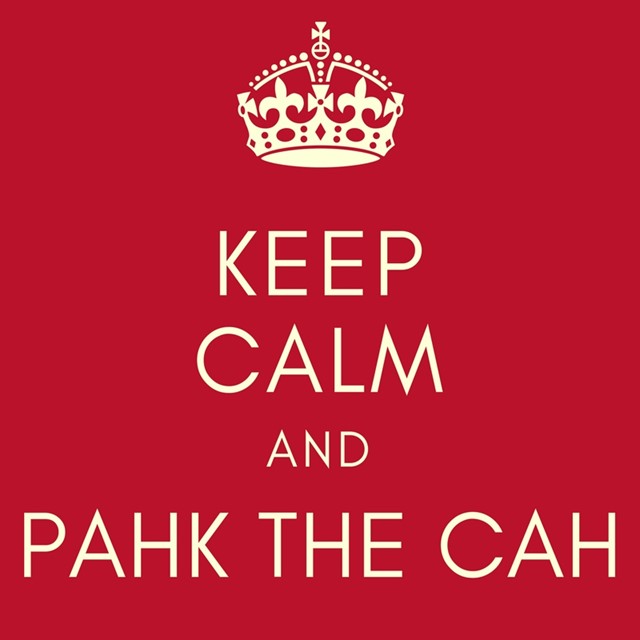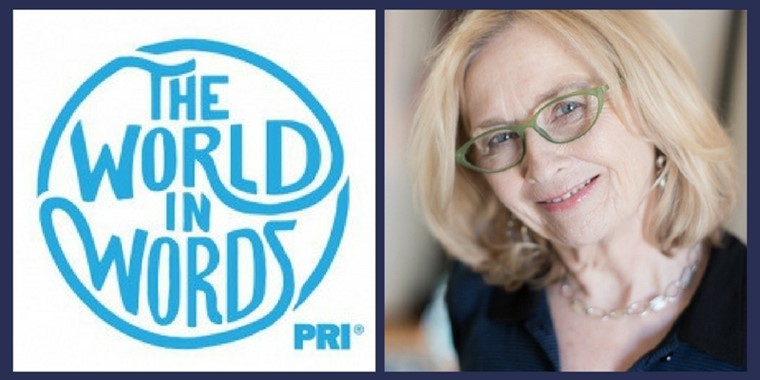
An accent. Every one of us speaks with one--though some people like to think they don't.
And many speakers will wonder, at some point, is my accent okay? Should I do something about it?
In the last week, we happened to catch one of the funniest, most endearing, and interesting podcasts about accents and accent reduction we've ever heard. It's from the The World in Words, and it opens with this story about a woman and her native accent:
Novelist Louie Cronin grew up in Cambridge, Massachusetts. In her high school choir, she heard herself and the other students singing, "Try to remembah the kind of Septembah ... "
Louie recalls thinking, "We sound really dumb!" That's when she decided to lose her Boston accent. Her school friends and even her mother laughed at her efforts to "improve" herself. But get rid of the accent she did.
 Writer Louie Cronin describes her struggles with her native Boston accent for The World of Words.
Writer Louie Cronin describes her struggles with her native Boston accent for The World of Words.
The same podcast also looks back at one Tennessee company's efforts to achieve "accent reduction." The effort was met with outrage. As one successful Tennessee native--a communications professional--put it (we paraphrase): I don't go up north and say "your accent sounds stupid."
At The Buckley School, we tell speakers to embrace their accents, because an accent can set you apart from other presenters. It gives you character. It's part of who you are.
But we're also practical.
Public Speaking with an Accent--Our Take:
We work with many global companies in which English is the common language, spoken by people from around the world. We know that if your accent--no matter how charming--is making it hard for others to understand you, the way you speak needs some attention.
We suggest:
- Slowing down your rate of speech. That means not only delivering sentences more deliberately but also enunciating multi-syllable words more slowly and carefully.
- Identifying any words you use frequently that people find hard to understand. For example, if your accent makes "shareholders" sound like "shoulders," work on saying that word so it is more easily understood by all.
- Making sure you speak with enough volume. Don't force your audience to strain to hear you. It's hard to understand any speaker who lets his or her voice trail off.
- Maybe the most important thing: Deciding what you're comfortable with. If you DO feel your accent is getting in the way, you may want to get a coach to help you make some changes. But...our hope is that you won't try to rid yourself of your native accent entirely.
The speech pathologist interviewed for the The World in Words podcast has some fascinating observations about how we shape our mouths to form words and thus, our accents--one more reason to give this excellent, entertaining report a listen:






